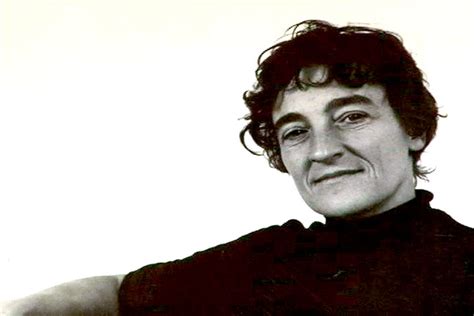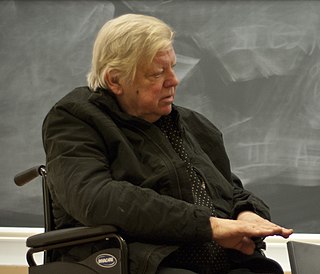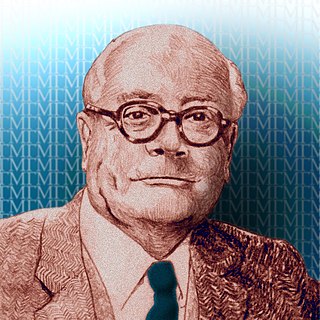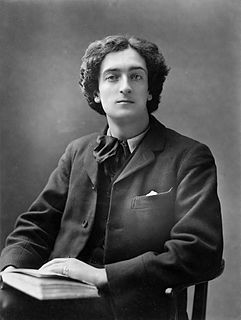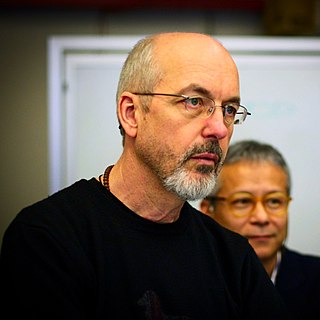A Quote by Penelope Lively
I have long been interested in landscape history, and when younger and more robust I used to do much tramping of the English landscape in search of ancient field systems, drove roads, indications of prehistoric settlement.
Related Quotes
I have long been interested in landscape history, and when younger and more robust I used to do much tramping of the English landscape in search of ancient field systems, drove roads, indications of prehistoric settlement. Towns and cities, too, which always retain the ghost of their earlier incarnations beneath today's concrete and glass.
The English landscape at its finest - such as I saw this morning - possesses a quality that the landscapes of other nations, however more superficially dramatic, inevitably fail to possess. It is, I believe, a quality that will mark out the English landscape to any objective observer as the most deeply satisfying in the world, and this quality is probably best summed up by the term 'greatness.'
I've always been interested, - if you look back at my work from the beginning, really - I've always been interested in the idea of the artificial landscape. Reforming the landscape. Architecture being a method of reforming the earth's surface. We reshape the earth's surface, from architecture to paving streets, to parking lots and buildings that are really reforming the surface of the earth. Reforming nature, taking over what we find. And we're mushing it around and remaking a new earth - or, what we used to call Terra Nova.
The world is moving into a phase when landscape design may well be recognized as the most comprehensive of the arts. Man creates around him an environment that is a projection into nature of his abstract ideas. It is only in the present century that the collective landscape has emerged as a social necessity. We are promoting a landscape art on a scale never conceived of in history.
The pleasure a man gets from a landscape would [not] last long if he were convinced a priori that the forms and colors he sees are just forms and colors, that all structures in which they play a role are purely subjective and have no relation whatsoever to any meaningful order or totality, that they simply and necessarily express nothing....No walk through the landscape is necessary any longer; and thus the very concept of landscape as experienced by a pedestrian becomes meaningless and arbitrary. Landscape deteriorates altogether into landscaping.
I've become really interested in the landscape but not as landscape but more as it relates to mood and how we live and how the outside impacts on the inside. I didn't really look at the outside world during the years I was photographing the Ballad as I was locked inside my house and I lived totally inside.

